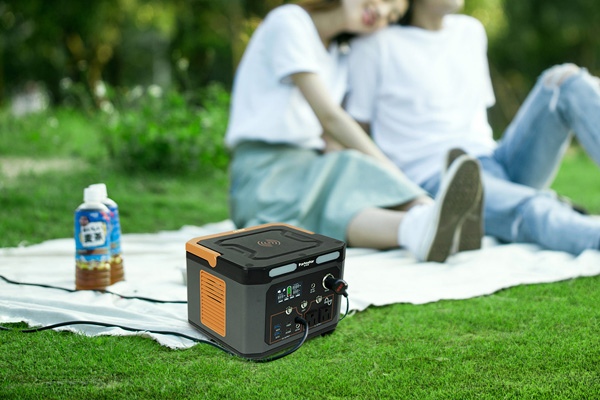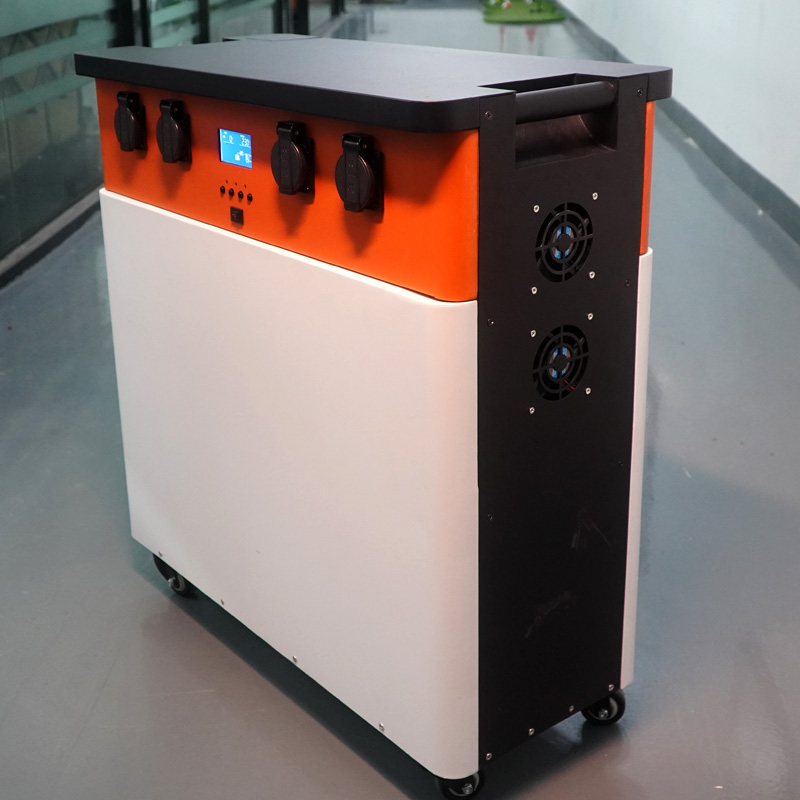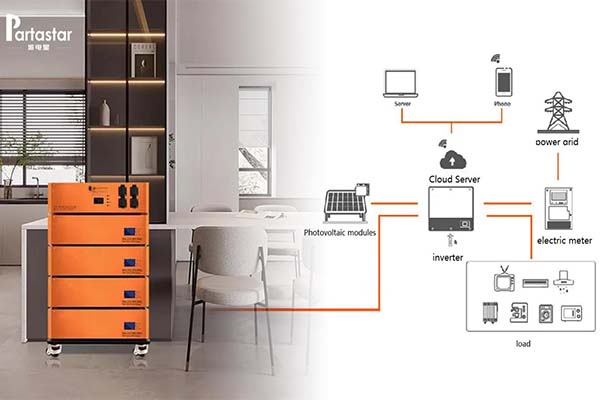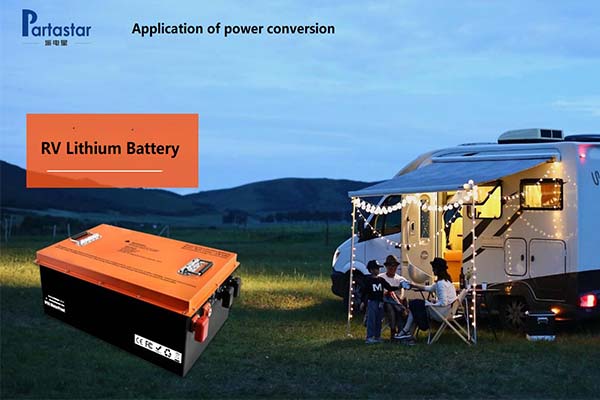Portable power stations have become increasingly popular in recent years, providing a reliable portable power source for various activities. The market offers a range of options, and selecting the right portable power station can be a daunting task. In this article, we will explore what a 2000W portable power station can run and what essential factors to consider when selecting a portable power station.
Firstly, let's define what a 2000W portable power station is. A 2000W portable power station is a device that can provide up to 2000 watts of continuous power output. These devices typically feature a combination of AC outlets, USB ports, and DC outlets, offering flexibility in powering various devices and appliances.
So, what can a 2000W portable power station run? A 2000W portable power station can handle a much broader range of devices and appliances than smaller portable power stations. It can power small electronic devices such as smartphones, tablets, and laptops, as well as medium and large-sized household appliances such as refrigerators, televisions, and air conditioners. It can also power tools with wattage requirements under 2000W, such as drills, saws, and miter saws. However, larger appliances such as electric stoves or large power tools with wattage requirements over 2000W cannot be powered by a 2000W portable power station.

When selecting a portable power station, it is essential to consider the power requirements of the devices and appliances you plan to use. Most electronic devices will have their power requirements listed on the device or in the user manual. For example, a laptop may require 45 watts, while a tablet may only require 10 watts. Small household appliances such as fans and lights typically require less than 100 watts, while small refrigerators may require up to 150 watts. Larger appliances such as air conditioners and refrigerators may require up to 500 watts.
Apart from the power requirements, runtime is another essential factor to consider when selecting a portable power station. The runtime of a portable power station refers to the amount of time it can provide power at a given load before needing to be recharged. The runtime of a 2000W portable power station varies depending on the specific device and load being used. For example, a 2000W portable power station may be able to power a laptop for about 36-40 hours, a small refrigerator for about 16-20 hours, a TV for about 24-28 hours, and a fan for about 30-40 hours.
Charging options are also essential factors to consider when selecting a portable power station. Most portable power stations can be recharged using a standard wall outlet, but some may also be able to be charged using solar panels or car chargers. If you plan to use your portable power station while camping or in other off-grid situations, a solar panel may be a necessary accessory.
Portability is another factor to consider when selecting a portable power station. While these devices are typically larger and heavier than their smaller counterparts, they are still relatively portable and can be easily transported. If you plan to take your portable power station on camping trips or other outdoor adventures, a device with built-in wheels and a handle may be more practical.
In conclusion, a 2000W portable power station offers more power and versatility than smaller portable power stations. It can power a broader range of devices and appliances, including medium and large-sized appliances. When selecting a portable power station, it is essential to consider the power requirements, runtime, charging options, and portability of the device. By considering these factors, you can select the right portable power station to meet your needs.



